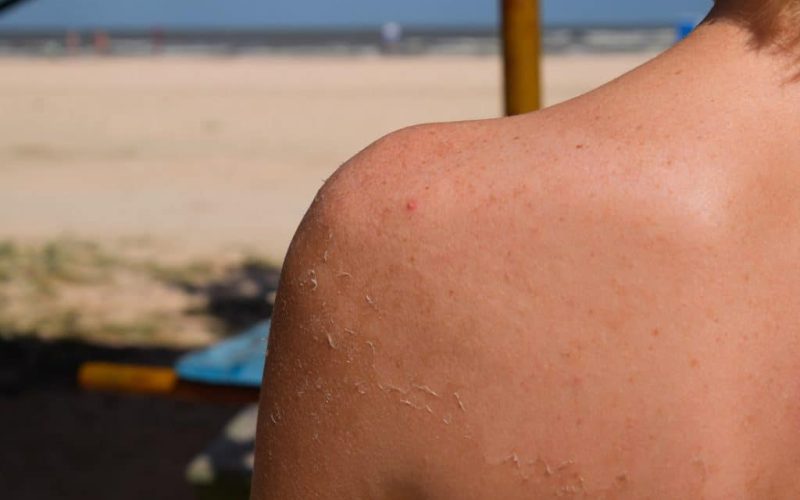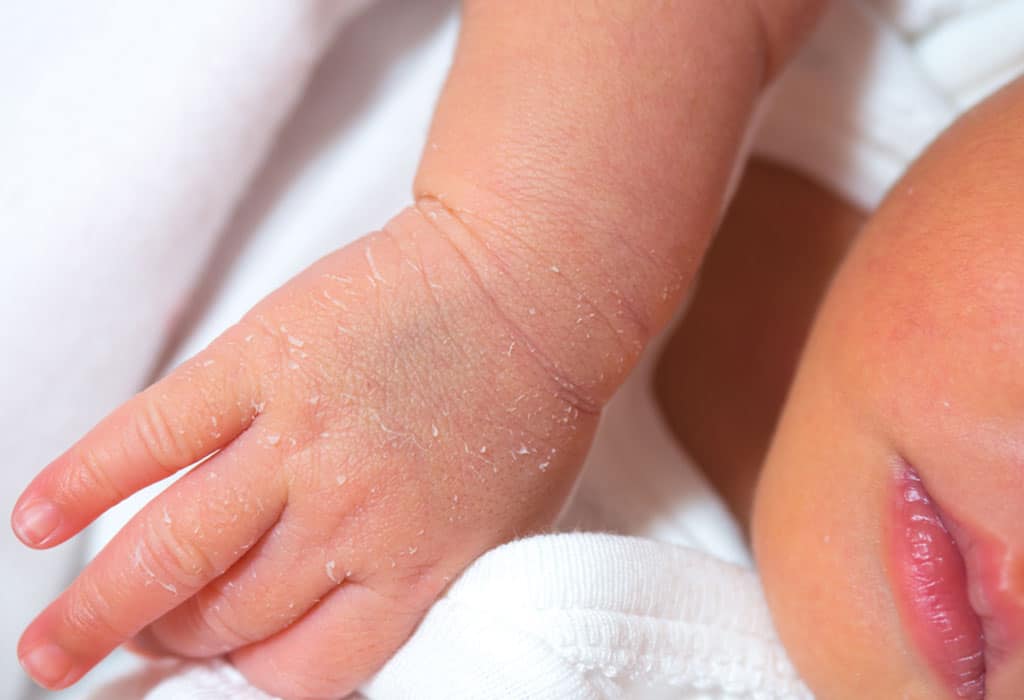Why does skin start to peel? Your skin is one part of your body you pay the most attention to. Not only because it needs to be cared for, but because it is what people see when they look at you.
The human skin is regularly exposed to various environmental elements that can cause irritation and damage. Such factors include wind, sun, dryness, heat, and excessive humidity.
The constant irritation of the skin can lead to peeling. You can also notice skin peeling in a newborn, especially when they were born past their due date. So, if you see such in your child, you need to bear in mind that it is only a painless skin peeling.
Skin peeling can also be a result of a condition or disease which can start from some other place besides your skin.
Skin peeling of this type is usually accompanied by itching conditions that may include:
- Infections, including some types of fungal and staph
- Allergic reactions
- Cancer and cancer treatment
- Immune system disorders
- Genetic disease, a rare skin disorder known as acral peeling skin syndrome that is responsible for painless peeling of the first layer of the skin
- Known diseases and conditions that can lead to skin peeling skin include:
- Atopic dermatitis (eczema)
- Athlete’s foot
- Cutaneous T-cell lymphoma
- Contact dermatitis
- Jock itch
- Hyperhidrosis
- Dry skin
- Kawasaki disease
- Medication side effects
- Pemphigus
- Non-Hodgkin’s lymphoma
- Ringworm (body)
- Psoriasis
- Ringworm (scalp)
- Seborrheic dermatitis
- Scarlet fever
- Stevens-Johnson syndrome
- Staph infections
- Toxic shock syndrome
- Sunburn
Dry, peeling skin is most commonly a sign of damage to the first layer of your skin (known as the epidermis) caused by sunburn.
In sporadic cases, peeling skin can signify that a person has an immune system disorder or some other kind of illness. If a sunburn does not cause your peeling skin, you should talk to a qualified healthcare provider before you try any home remedies.
If your skin has begun to peel after you suffer a sunburn, there are several things you can easily do to prevent it from getting any worse. As tempting as may be, never pull off your peeling skin. Instead, allow it to peel off your body by its self.
Below are some simple treatment methods and tips to help you stop the peeling once it has started.
1. Take a pain reliever
Go for an excellent over-the-counter (OTC) pain reliever such as aspirin (Bayer) or ibuprofen (Advil).
These pain killers work to lessen the inflammation and the redness around your sunburn. The medications can also reduce the pain that comes with having a sunburn.
2. Use a soothing anti-inflammatory cream
Get a topical anti-inflammatory cream and apply it to your sunburn. Examples of such creams are aloe vera or cortisone cream.
Or — as long as you aren’t allergic to aspirin — crush up a few aspirin tablets into a fine powder and add just enough water until it forms a goopy paste. Apply this to the areas of your body affected by sunburn.
Avoid petroleum-based or other oil-based creams as these may trap heat and make your sunburn and peeling even worse.
Try to moisturize right after you bathe, when your skin is still damp to help seal in moisture.
3. Take a cool bath
You may be tempted to have a warm or hot tub because you feel it would clean your skin better, but that would be worsening the situation. Take a cold shower as it can help to ease the pain caused by your sunburn, and also prevents the peeling on your skin.
Avoid taking a shower if your skin has blisters in addition to the peeling you’re experiencing, as taking a shower may pop your blisters and cause further peeling.
Also, avoid the use of bath oils or soap when you take a bath. This is one of the fastest ways to worsen your peeling.
4. Be gentle with your skin
Avoid rubbing your skin with a towel after you bathe. This can make peeling worse. Instead, pat your skin dry with a towel.
When you experience peeling skin, you need to understand that your skin is susceptible, which is one reason why you must avoid rubbing with a towel after taking a shower. What you can do, however, is to pat your skin dry with a towel so as not to trigger more peeling
5. Make a cool compress
Place a cold, wet compress on your skin for 20 to 30 minutes to soothe irritation and stop peeling.
Get a cold and wet compress and place it on your skin for about 20 to 30 minutes. This will soothe the irritation and further reduce the peeling. Do not make the mistake of applying ice directly to your peeling skin as it may cause the irritation to worsens.
6. Stay hydrated
Staying hydrated is not left out. See to it that your skin is kept hydrated by consuming up to eight Oz glasses of water every day as you recover from your sunburn. This is not only good for your entire body but will help to reduce the skin peeling.
7. Keep it covered
Shield your peeling skin from more damage by not exposing it to the elements. With a clothing or a very tiny layer of sunscreen that contains an SPF of 45 or above, should protect your skin.
How long does peeling last?
In a lot of cases, the skin will begin to peel three days after you experience a burn. However, the peeling will stop when the burns completely heal, which should be around seven days for burns that are milder.
It is essential to monitor a sunburn for signs of a severe burn, such as:
- Peeling or blistering over large areas of your body, like your entire back or neck
- Chills or fever
- feeling confused or woozy
- Sunburns of this kind are not uncommon and require swift medical attention.
What is the conclusion?
Sunburns may not be listed as a severe illness — but even in mild cases, sunburns can cause severe damage to the skin. Sunburns increases a person’s chances of dealing with possibly deadly skin cancer by a substantial rate, also puts you at risk of aging prematurely.
Whenever you have to go into the sun, make sure that your skin is always protected with clothes and sunscreen.
Avoiding staying under direct sun exposure is one of the best ways to avoid getting a sunburn, which would lead to peeling skin. Even if you must spend time in the sun, make sure you do it in the early mornings or the cool evenings when the sun is less harsh.
Have you had to deal with peeling skin? Share your experience with us in the comment section below and also let us know how you handled it.









